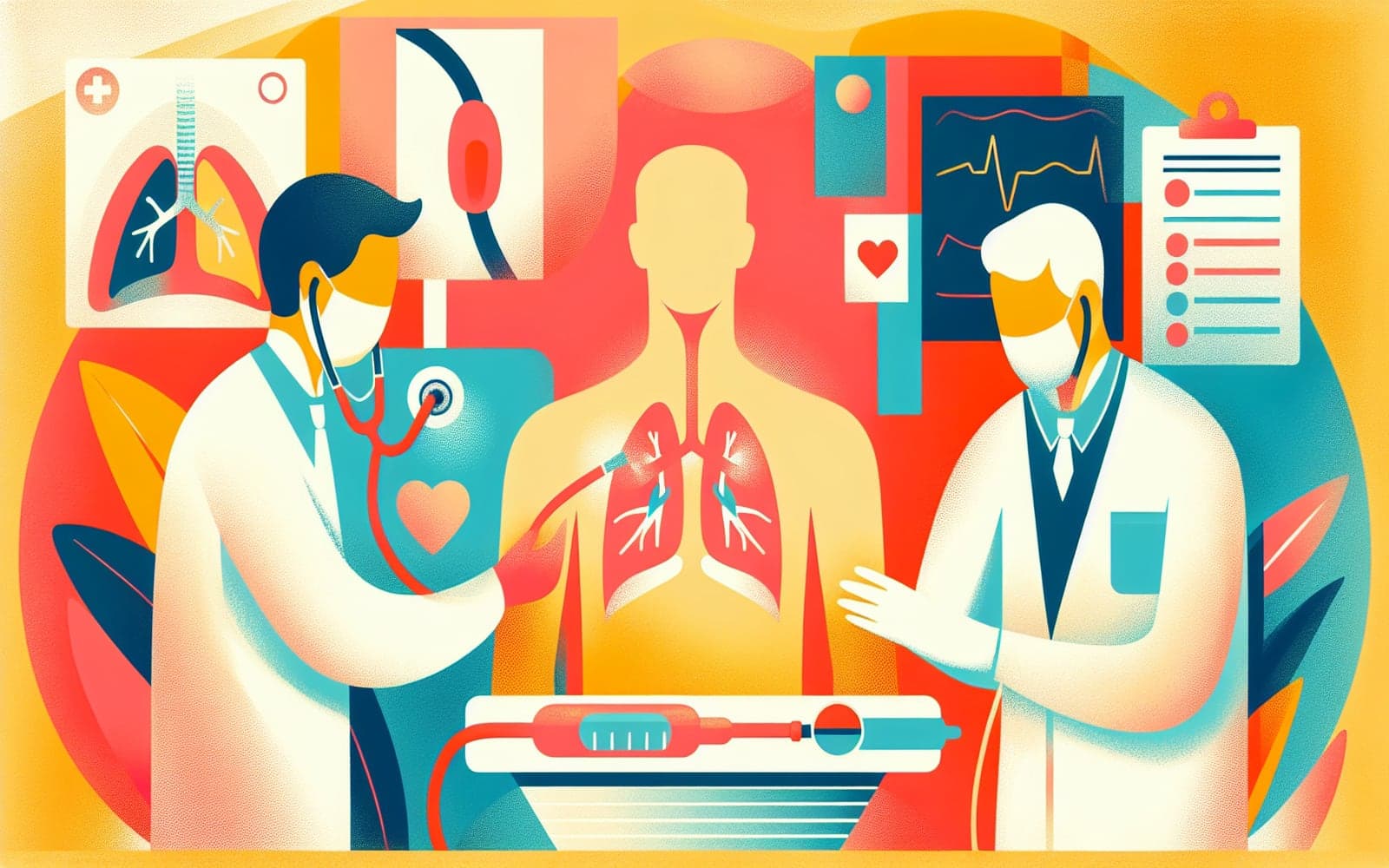How to Diagnose Chest Pain of Esophageal Origin
Published: May 29, 2024
Pinpointing the root of chest pain can be tricky, but understanding esophageal causes is crucial for effective treatment.
Contents
First Steps: Ruling Out Cardiac Issues
When chest pain strikes, the first priority is to eliminate life-threatening conditions like heart attacks. Initial assessments often focus on symptoms and history to distinguish between cardiac and esophageal origins. Some signs, like heartburn relief with antacids, hint at an esophageal issue.
Investigating Further: Alarm Features
Alarm features like dysphagia, significant weight loss, or blood loss may call for more immediate diagnostic efforts. These symptoms can indicate serious conditions such as esophageal injury, infection, or even cancer. Early endoscopy might be recommended to get a closer look at the esophagus.

Testing for Esophageal Causes
If serious conditions are ruled out, a trial of acid suppression with PPIs can help identify GERD-related pain. In cases where this treatment fails, further tests like esophageal manometry or pH monitoring can provide insights into other potential causes, such as motility disorders.
Frequently Asked Questions
The first step is to rule out life-threatening cardiac issues.
An endoscopy is needed when alarm features like significant weight loss or bleeding are present.
Tests include esophageal manometry and pH monitoring.
Key Takeaways
Early and accurate diagnosis of esophageal chest pain can prevent unnecessary stress and improve treatment outcomes.
Explore diagnostic options with Doctronic to get to the root of your chest pain.Related Articles
References
Ward BW, Wu WC, Richter JE, et al. Long-term follow-up of symptomatic status of patients with noncardiac chest pain: is diagnosis of esophageal etiology helpful? Am J Gastroenterol 1987; 82:215.
Cremonini F, Wise J, Moayyedi P, Talley NJ. Diagnostic and therapeutic use of proton pump inhibitors in non-cardiac chest pain: a meta-analysis. Am J Gastroenterol 2005; 100:1226.
Always discuss health information with your healthcare provider.

